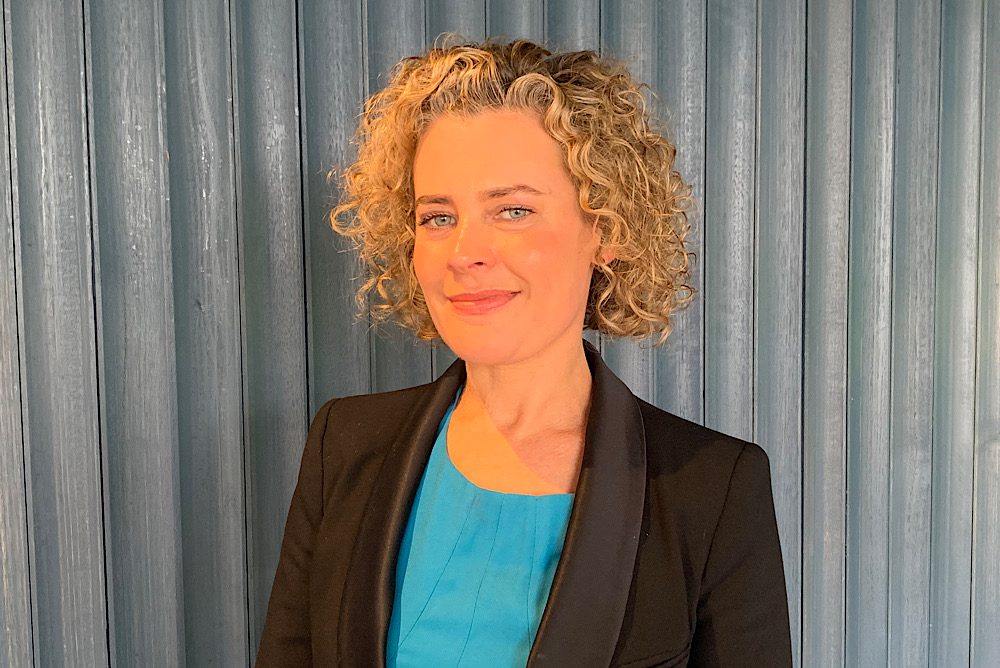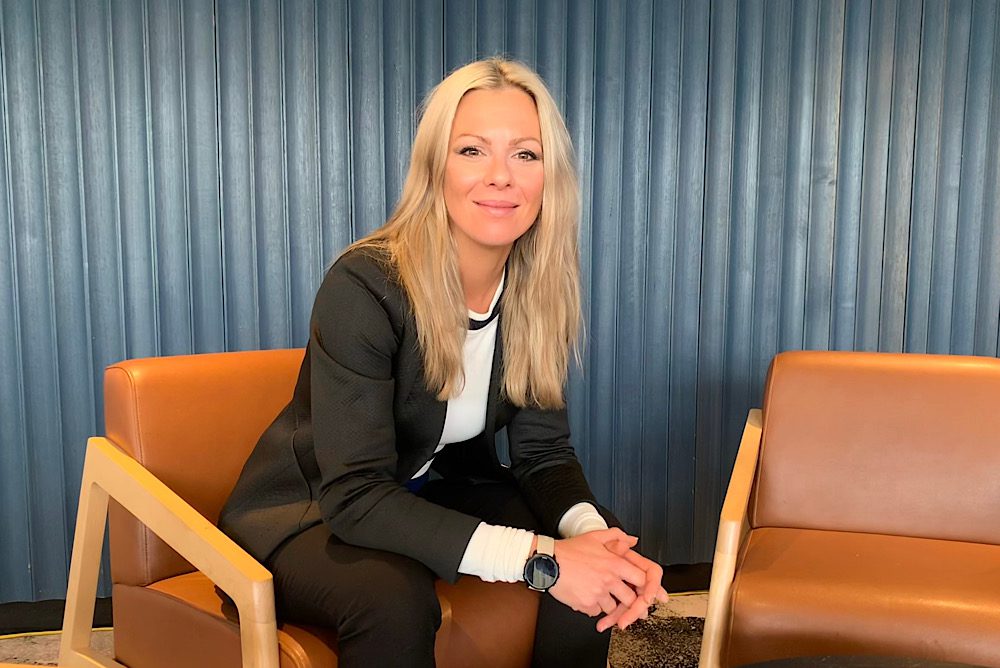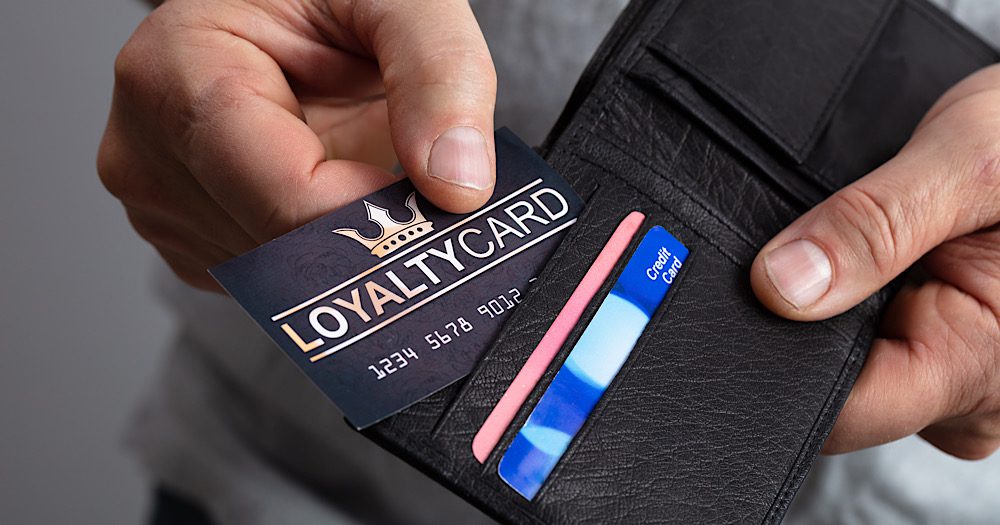Getting a new customer can be five to twenty-five times more expensive than keeping an existing one, Harvard Business Review reported. And if we just up our customer retention rates by 5%, profits can increase by 25% to 95%! So how do we foster loyalty in our existing clients?
You have a new client with a pretty straightforward booking. All goes well. They pay. They travel. But do they come back to you for their next trip?
There are said to be five stages of travel: dreaming; planning; booking, experiencing; and sharing. Travel agents are usually present in the planning and booking stages, but need to be more active in the other three. This is where loyalty programs come in.
According to its 2022 State of Brand Loyalty survey, e-commerce retention marketing platform Yotpo found that over 83% of global respondents said that belonging to a loyalty program influences their decision to buy again from a brand.
Elaine is all of us.
Why should airlines have all the loyalty?
“There’s a missed opportunity for travel agents here,” Elevate Loyalty co-founder and director Jodie Wilson (who, before a career that saw her move from retail into telco and now into payments and rewards and digital technology, was a flight attendant) told Karryon.
Wilson heads up Elevate Loyalty, the Australian loyalty company that has recently developed and rolled out OneTap Loyalty, which enables shoppers to use their payment card as a loyalty card while shopping instore or online. OneTap Loyalty ensures shoppers receive their loyalty benefits every time they shop regardless of whether they use their loyalty card or not.
“The industry understands Qantas or Virgin loyalty programs,” she said.

“But there is an opportunity for an agent to use their own loyalty program to engage with customers when they’re actively travelling, in the window before they travel and afterwards too.
“Agents need to have a loyalty approach to be able to interact with a customer, find a way into their day-to-day and not just when they’re booking their once-a-year travel experience.”
A lot of small businesses have unofficial loyalty programs, and you may too. You have a repeat customer who provides fabulous word-of-mouth referrals and you’ll likely offer them a bit of a discount anyway. Formalising and automating the process has benefits.
Loyalty programs can be key to beating competitors
In a crowded marketplace, having a unique selling proposition is essential. A well-structured loyalty program can serve as a key differentiator, setting a travel agent apart from competitors. It signals to customers that the agent values long-term relationships and is willing to reward loyalty, making the service more attractive to those who travel frequently.
Wilson says that “rather than looking in the same wheelhouse”, agents should look for different ways to stand out and a solid loyalty program is a great option, she said.
The primary objective of any loyalty program is to encourage repeat business, and this is particularly crucial in the travel industry where competition is fierce. By offering rewards, discounts, or exclusive offers to returning customers, travel agents can significantly increase the likelihood of these customers choosing their services over competitors.
Make the rewards relevant to before their journey, such as offering discounts to a local luggage supplier and you will be seen as being across all stages of travel. Send through exclusive discounts while they’re dreaming of their next trip and you might just tip them over the threshold of your office doors.
Wilson’s partner at Elevate Loyalty, Carly Neubauer, says that brands are “recognising the power of ‘catch all’ spend and are building complex relationships with other like-minded business and brands that offer non-competing but complementary products and services in the market that their customers may wish to buy”.

“Brands are now building ecosystems of loyalty programs that enable consumers to be rewarded by their loyalty program if they spend money with another brand. Qantas has really pioneered this concept in the market and now it is being adopted and revolutionised across the retail sector.
“Under the bonnet, it is another means of rapidly expanding the loyalty program’s database of customer information which is shared among its ecosystem of business members.”
Loyalty programs can get you the data you need
Third-party cookies are being phased out. What that can mean for some retailers is that some of the data about your future or existing clients may no longer be available. Loyalty programs can offer a workaround.
Loyalty programs provide travel agents with invaluable data about their customers’ preferences, travel patterns, and behaviours. This data can be leveraged to tailor marketing efforts more effectively, ensuring that promotional materials and offers resonate with the interests and needs of their customers. Personalised marketing not only improves the efficiency of advertising efforts but also enhances the customer experience by making travellers feel understood and catered to.
Loyalty programs can increase revenue
While the immediate goal of a loyalty program might be customer retention, it also has a significant impact on revenue. Loyal customers are more likely to book higher-value trips and add-on services, influenced by the benefits and rewards they can earn through the loyalty program. Furthermore, as loyalty programs encourage repeat business, the lifetime value of each customer increases, leading to greater profitability in the long run.
Implementing a loyalty program offers a plethora of benefits for travel agents, from enhancing customer retention to providing a competitive edge in a saturated market. By recognising and rewarding loyal customers, agents not only boost their revenue but also improve the overall customer experience. With the right approach and technology, loyalty programs can transform one-time customers into lifelong advocates.







